For kitchen professionals, the **cast iron skillet** is a beloved and indispensable tool in the culinary arsenal. Its versatility and durability make it a preferred choice for various cooking techniques. However, there are certain ingredients and cooking methods that can jeopardize the integrity of your skillet and the flavors of your dishes. This article elaborates on what not to cook in cast iron skillet, helping you safeguard your cooking equipment and achieve the best culinary results.
As you navigate your daily cooking challenges, it is crucial to understand the limitations of cast iron and how the wrong choices can lead to undesirable outcomes. Let's dive into the specifics of this topic to ensure that you maximize your cast iron cooking experience without making common mistakes.
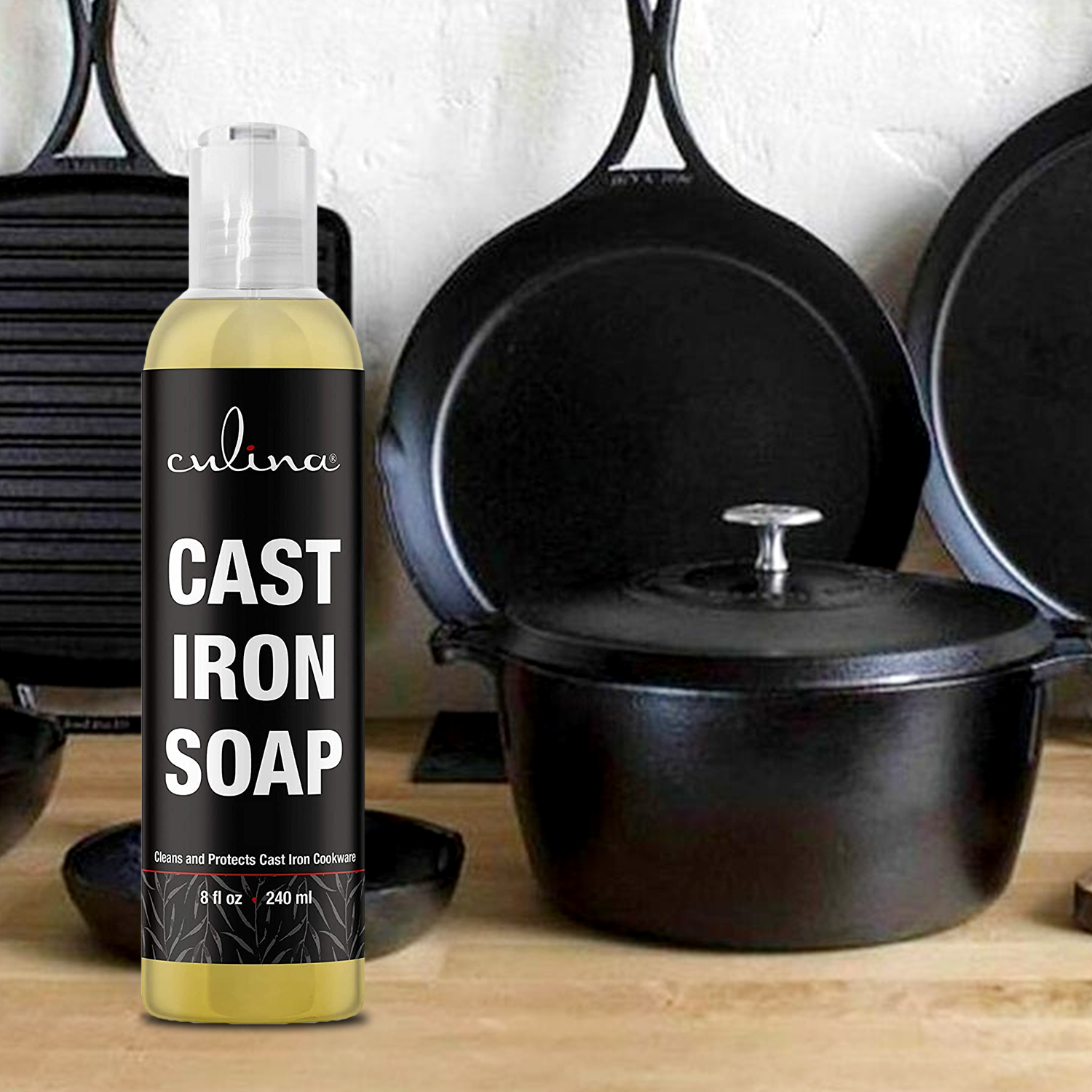
Understanding Cast Iron Skillets
Cast iron skillets have been trusted kitchen companions for centuries. They are renowned for excellent heat retention and even cooking. However, their seasoning and porous nature mean that certain foods can affect their lifespan and performance. A few key considerations include:
- Seasoning Maintenance: Regular seasoning keeps cast iron skillets non-stick and rust-free.
- Temperature Management: Cast iron heats up quickly and retains heat well, so be cautious with high-temperature cooking.
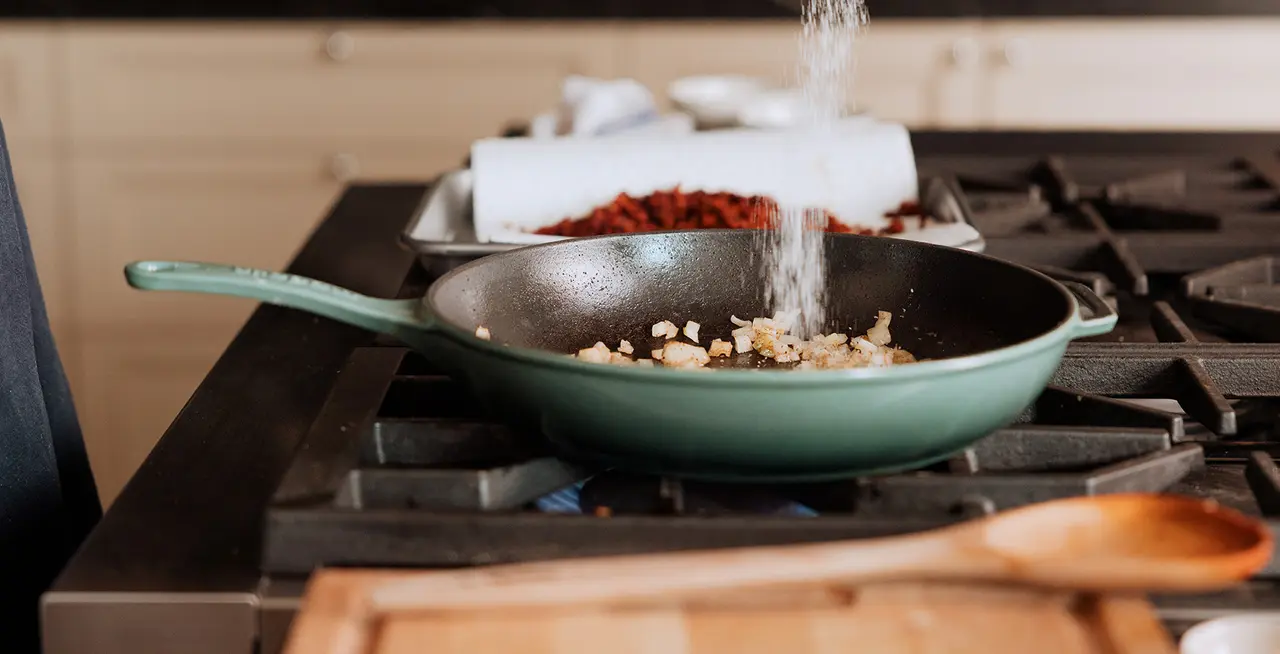
Foods to Avoid Cooking in Cast Iron
1. Acidic Foods
One of the primary rules in using cast iron skillets is to avoid cooking **acidic foods**. Dishes containing tomatoes, lemon juice, vinegar, or wine can react with the metal, leading to a metallic taste in your food and stripping away the skillet's seasoning. If you find yourself needing to cook with acids, consider using stainless steel or non-stick cookware instead.
2. Delicate Fish
While fish can be cooked in cast iron, **delicate varieties** like flounder or sole are better suited for non-stick pans. These fish tend to break apart easily and can stick to the surface of the skillet, resulting in a mess and loss of presentation quality. Opt for heartier fish like salmon or swordfish if you must use cast iron.
3. Sticky Foods
**Sticky ingredients** such as pancakes, eggs, or oatmeal require a well-seasoned skillet to prevent sticking. If your skillet's seasoning is lacking, consider switching to a dedicated non-stick pan for these items to ensure a flawless cooking experience.
4. Foods that Need Boiling
Cooking foods that require **boiling** also poses a risk. Things like pasta and potatoes can lead to excess moisture, which is not ideal for cast iron. The skillet's surface may become rusty if it's not properly dried afterward. For boiling needs, it's best to turn to stainless steel pots or other materials.
5. Certain Baked Goods
Baking in cast iron skillets can be a delightful experience, but some baked goods can be tricky. For instance, **souffls** or **cakes** with a delicate structure might not release easily from the pan. Instead, consider using a non-stick or glass baking dish for such recipes.
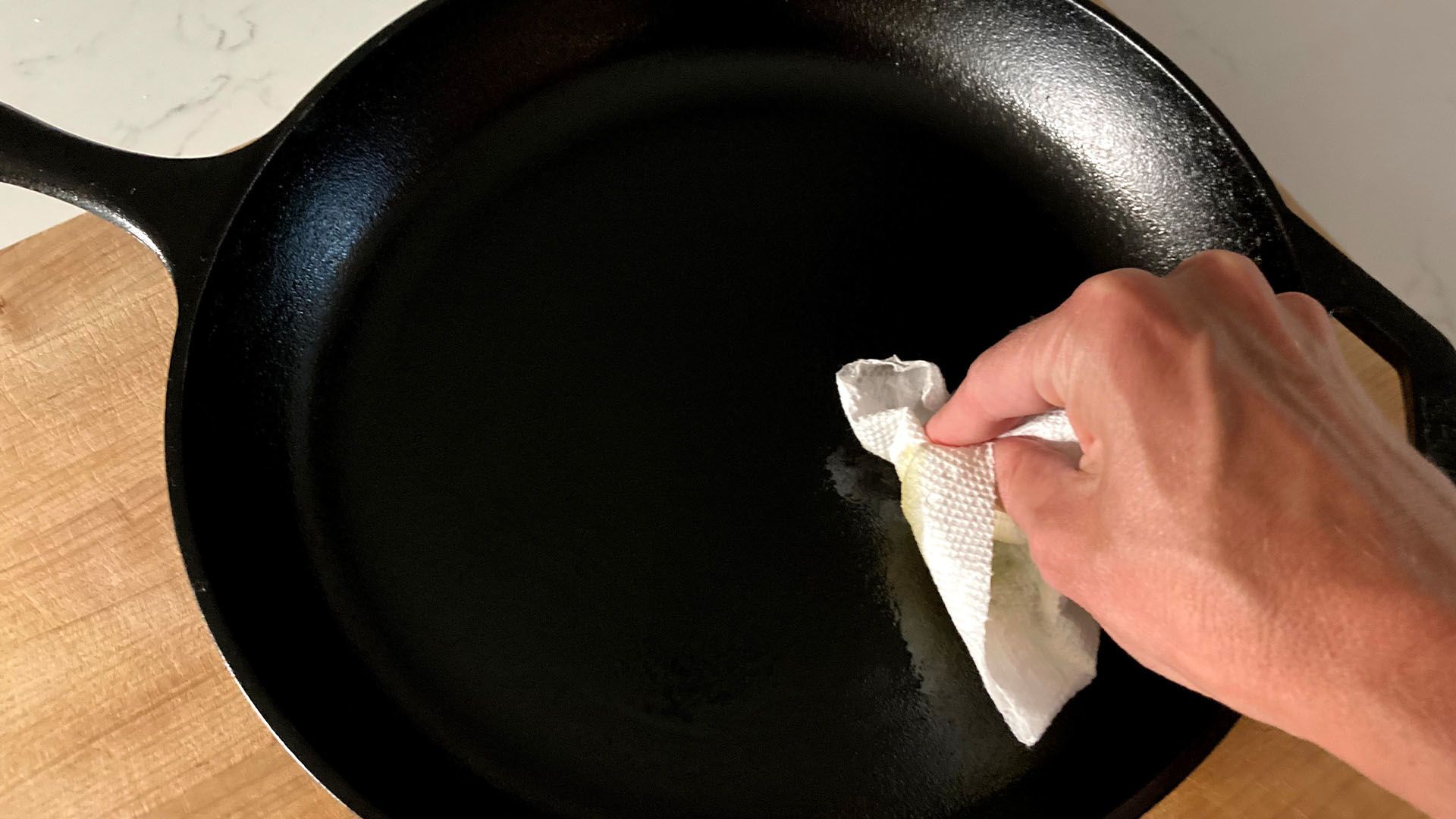
Important Cooking Techniques and Tips
Understanding Replacement Choices
Its vital to incorporate alternatives in the kitchen. If you find yourself cooking dishes not suitable for cast iron, consider options such as stovetop grill pans or **non-stick frying pans**. These choices allow for versatility while ensuring the integrity of your specialty cast iron skillets.
Maintenance Tips for Skillets
After learning about foods to avoid, it's also essential to maintain your cast iron skillets properly:
- Regularly season your skillet to keep it non-stick.
- Wash gently with soap or hot water but avoid soaking.
- Thoroughly dry your skillet after washing to prevent rust.

Conclusion: Making Informed Cooking Choices
Understanding what not to cook in cast iron skillet is just as crucial as knowing what foods work well in it. By steering clear of acidic, delicate, and sticky ingredients, you ensure that your cast iron skillet remains functional and flavorful. Your culinary creations will benefit immensely from these guidelines, making your kitchen endeavors more enjoyable.
For further reading about cast iron skillets, check out this helpful guide on using cast iron skillets. It will provide additional insights and tips for achieving perfect results.
FAQs about Cast Iron Skillets
1. Can I cook tomatoes in a cast iron skillet?
It's best to avoid cooking tomatoes and other acidic foods in cast iron as they can damage the skillet's seasoning and affect taste.
2. What types of fish are safe to cook in a cast iron skillet?
You can cook heartier fish like salmon or trout in cast iron. Avoid delicate varieties that may break apart.
3. How do I maintain my cast iron skillet?
Regular seasoning, gentle cleaning, and drying your skillet promptly are crucial for maintenance.
As an Amazon Associate, I earn from qualifying purchases.

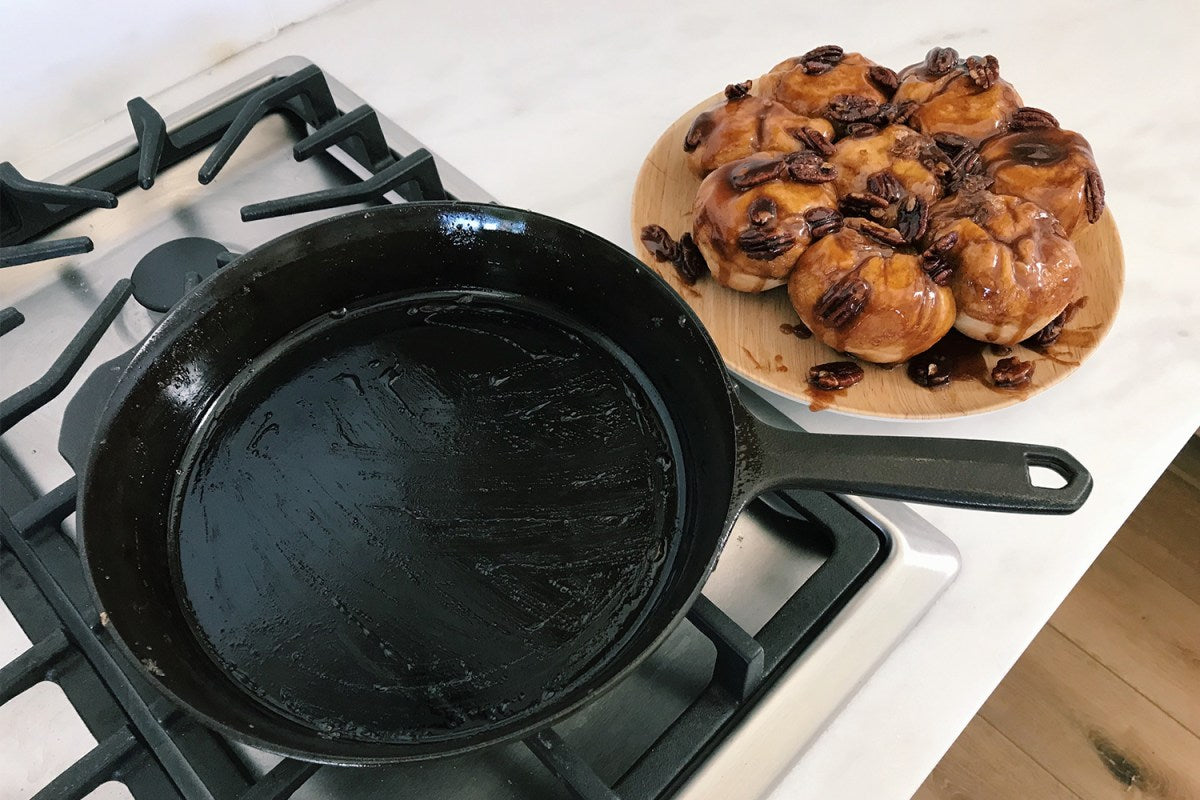


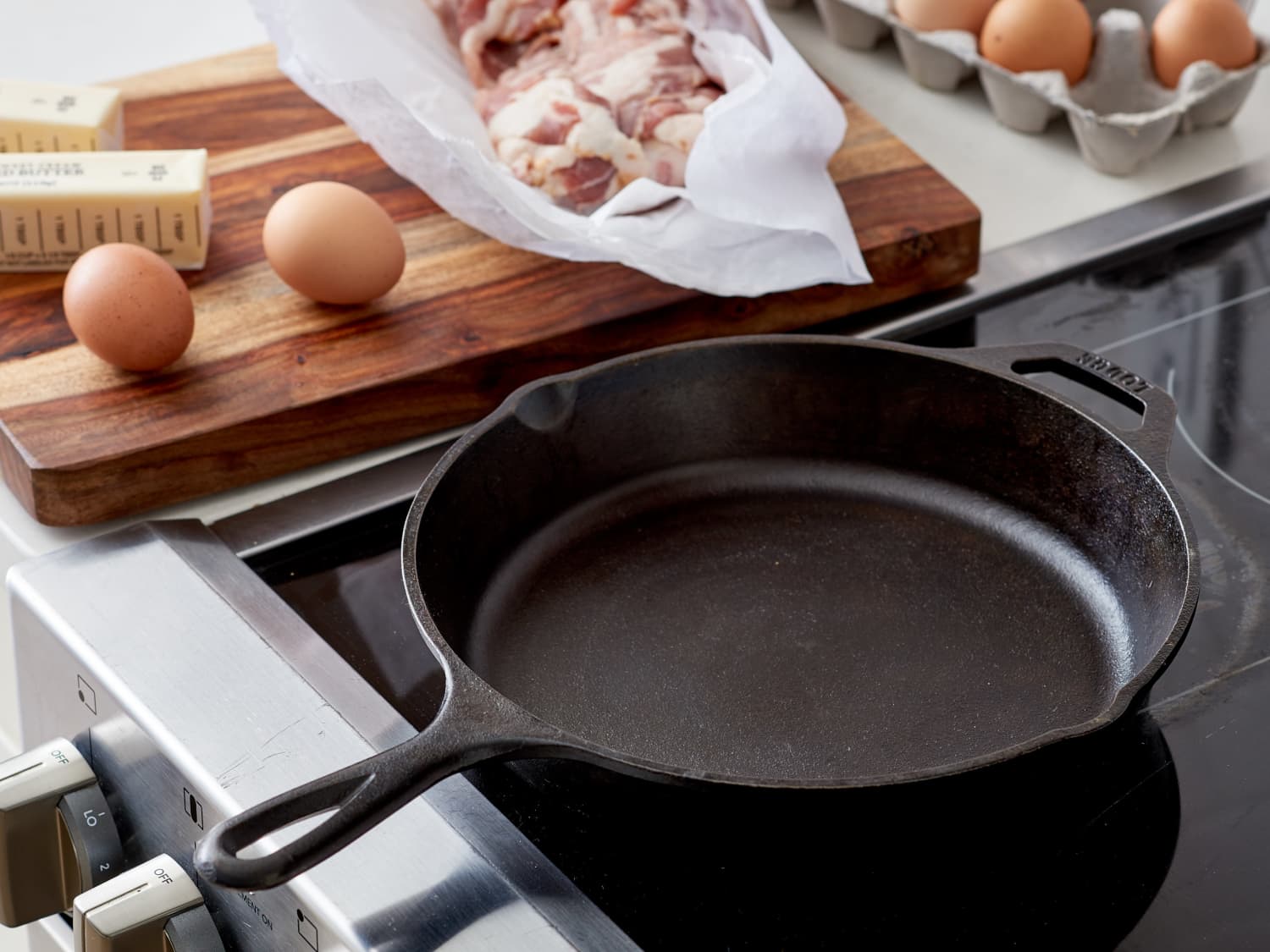
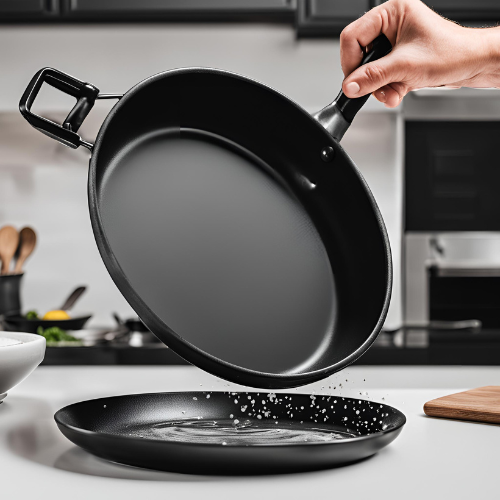
Leave a comment
This site is protected by hCaptcha and the hCaptcha Privacy Policy and Terms of Service apply.